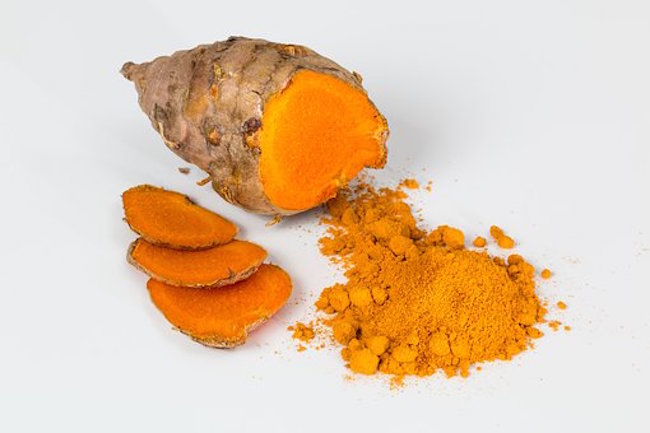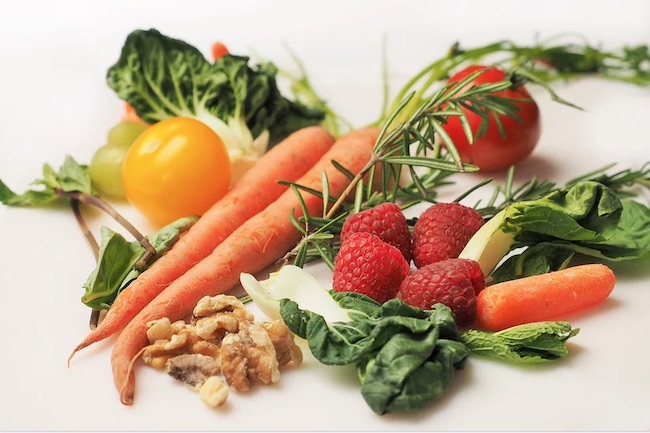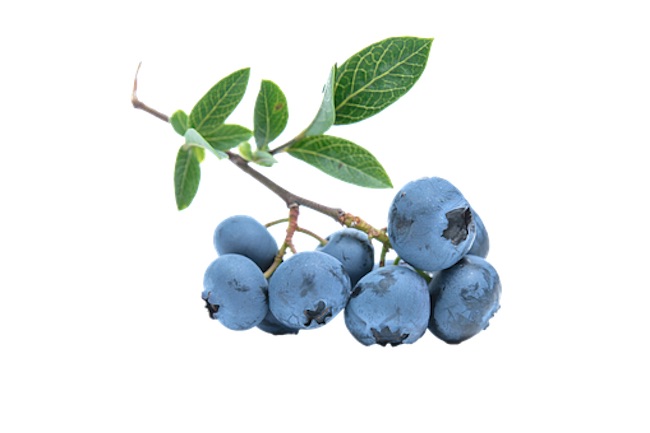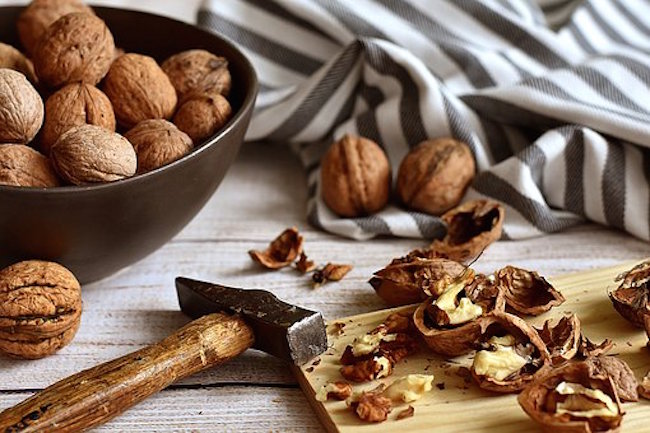Curcumin found to slow chronic kidney disease progression By Zoey Sky for Natural Health
Turmeric is a superfood powerhouse with many known health benefits often attributed to curcumin, its main active ingredient. In fact, a study has found that curcumin supplementation helps increase levels of beneficial gut microbes that limit the actions of toxins.
The findings also revealed that curcumin can help ease chronic kidney disease (CKD) symptoms.
According to the study, curcumin helps stimulates the production of proteolytic enzymes with a role in the metabolism of the uremic toxins indoxyl sulphate (IS) and p-cresyl sulphate (PCS) – both of which contribute to kidney disease progression. Both are also directly responsible for the progression of renal damage and increased cardiovascular risks.
Support Our Site

Now is your chance to support Gospel News Network.
We love helping others and believe that’s one of the reasons we are chosen as Ambassadors of the Kingdom, to serve God’s children. We look to the Greatest Commandment as our Powering force.
As renal damage worsens, the level of both molecules increases. But there are no discernible increases in plasma concentrations detected in CKD patients who consumed curcumin.
“Usually, there is an increment in uremic toxin levels as the renal damages get worse, but this was not observed after supplementation,” explained the researchers. “Interestingly, a reduction trend can be noted for total and free PCS levels, after both 3 and 6 months of curcumin phytosome supplementation.”
Curcumin has beneficial antioxidant and anti-inflammatory properties. It is often the subject of studies as scientists continue to explore the potential ways it can be used to treat inflammatory diseases like arthritis and ulcerative colitis.
Inflammation and chronic kidney disease
An estimated 13.4 percent of the global population has chronic kidney disease. CKD is also one of the main risk factors for developing cardiovascular disease.
A growing body of data continues to shed light on the role of gut microbiota in certain homeostatic functions and the “metabolic burden” of gut microbiota dysbiosis as a result of CKD. This burden includes the over-production of uremic toxins and inflammation-inducing cytokines linked to adverse effects.
The findings suggest that most people with CKD experience “a persistent state of low-grade chronic inflammation.”
This “inflammaging,” or inflammation-mediated aging, is emerging as a central patho-mechanism of aging. This suggests that it can be managed to reduce the burden of disease among elderly patients.
For example, supplementation with probiotics, prebiotics or nutraceuticals can help modify clinical outcomes “directly or indirectly mediated by changes in the inflammatory and oxidative status.”
Results of in-vitro studies show the anti-inflammatory properties of curcumin, which help lower plasma cytokines. Through the study, the researchers wanted to learn the effects of oral supplementation on gut microbiota and its interaction between the nutritional, inflammatory and oxidative statuses.
Curcumin supplementation and gut microbial diversity
For the study, the research team worked with 24 male and female elderly volunteers with chronic kidney disease. They also worked with a control group of 20 male and female volunteers without CKD of similar age for the six-month trial.
The patients with chronic kidney disease were given a 500-milligram (mg) dose of Meriva food-grade lecithin curcumin tablets twice daily. The tablets contained a standardized amount of 100 mg of highly bioavailable curcuminoids.
The researchers used a three-day food diary to track the volunteers’ food consumption. Factors such as clinical parameters, anthropometric and body composition measures, dietary habits and stool and blood samples were collected at baseline after three months and six months.
Analysis showed that there was a considerable decrease in fat mass percentage and a positive increasing trend in fat-free mass (FFM) percentage in the chronic kidney disease group after three months.
The findings also revealed that Meriva intake promoted a shift in gut microbial diversity toward a “health subject community” with an increase in the relative abundance of three protective bacterial species:
- Lactobacillaceae significantly increased at six months compared to three months.
- There was a progressive increase in Prevotellaceae from baseline to six months.
- There was an overall steady increase in Lachnospira.
There was also a reduction in phosphorus and potassium intake, which are markers of poor kidney function. Supplementation also reduced levels of plasma pro-inflammatory cytokines and decreased lipid peroxidation. This is important because excessive amounts of lipid peroxidation are linked to cell damage.
Findings showed that there was an average 18 percent decrease after three months and an average 25 percent decrease at six months in CKD patients. The levels were significantly lower compared to volunteers in the control group.
Total daily calories went down in the curcumin group, along with total carbohydrates and protein intake from baseline to three and six months. The research team believes that the results support the findings of similar studies on the benefits of curcumin intake.




